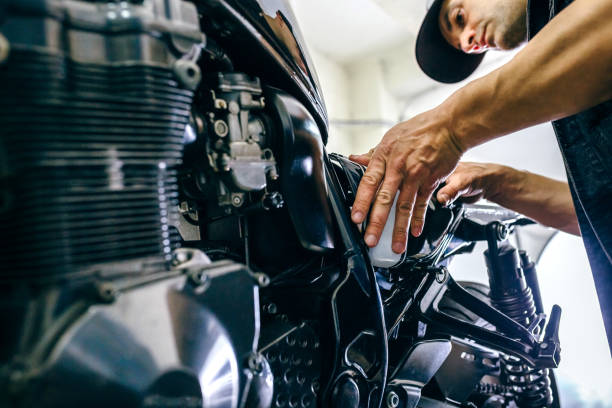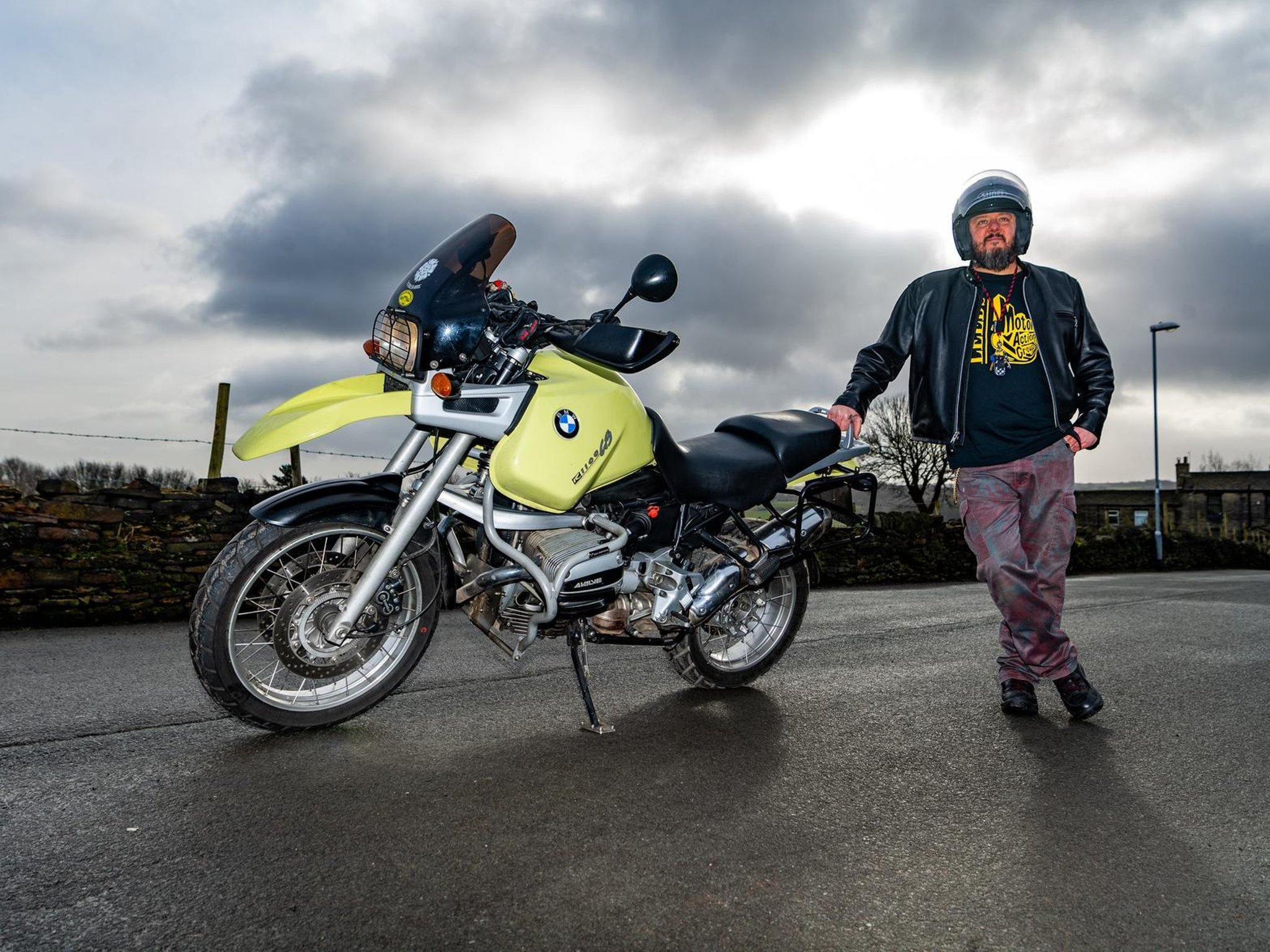The Motorcycle Action Group is out to bat for our non-fitting OEM parts – and according to the Department for Transport (DfT), the EU docket holds proposals that seek to restrict bike modifications.
With the coming of 2022, the DfT is looking to modernize current vehicle standardizations. Included in the turn-of-the-year pile, MCN states, are proposed changes to motorcycle tweaks as we know them – specifically, that “it would be a crime to ‘tamper’ with a system, part or component of a vehicle intended or adapted to be used on a road.”
The reason for the proposed changes are simple enough; with so many two-wheeled beasties now compliant under some sort of emissions regulation, companies are looking to protect those emissions standards – after all, once the machine rolls off the lot, it’s no longer the responsibility of the manufacturer that Bob here pimped out his ride and braps a baloney of decibels down Main on the daily.
Standing in the line of disappointed individuals agog at the restriction bids is MAG’s Director of Campaigns and Political Engagement, Colin Brown.
“I was expecting the lack of motorcycle focus in policies for the charging infrastructure, but the anti-tampering proposals came as a real sucker punch,” he says.
“As the owner of a motorcycle with less OEM parts than aftermarket ones, you can imagine my reaction.”
“This renewed attack on the right to do what you wish with your own property is not something that I can see many motorcyclists welcoming.”
While there is no current test in America for a bike’s emissions once it leaves the dealership parking lot, the report states that some sort of post-manufactury regulation would, at least in the UK, “alleviate the headache” connected to modified machines wishing entry into restricted areas such as London’s Ultra Low Emission Zone.
Currently, there’s a loophole in the system where eligible bikes fall under what Euro rating the vehicle met at manufactury, not after. Ripping out the catalytic converter, tossing the charcoal canister (or even remapping your swanky new system) May be ticks on the list for the average motorcyclist but automatically render the biker and bike incompatible with low-emission zones and attempts to keep that air clean (and there’s been a lot of that lately – just check out our article covering EU’s emission restriction plans for 2035).
The bigger problem, though, is in the underlying danger of sharing the road with vehicles such as Tesla’s four-wheeled models, which are decked out with a fully autonomous computer as of 2020.
“The safety of autonomous vehicles is entirely reliant on the system doing as expected, especially when it’s interacting with other self-driving vehicles,” admits the report.
“If someone was to modify the hardware or software [of an autonomous vehicle], the vehicle could behave unexpectedly, and disaster could ensue.”


Unfortunately, the current Government seems keener to get self-driving cars on the road than to protect the tradition and legacy of modding out one’s two-wheeled beastie – and with Europe’s bid back in 2012 to make anti-tampering laws a part of Euro4 (it obviously didn’t go through – legislation was too strongly opposed), it’s only a matter of time before an increase in restrictions make their way across the Atlantic.


“Clearly, the Government has some good intentions with these proposals, and we wouldn’t want to oppose those,” adds Brown.
“However it’s clear that the knock-on effect of what they’re suggesting would be ruinous for the motorcycle industry. It would be some of the most draconian rules around vehicle modification we’ve ever heard of.”


MAG is opening direct talks with the DfT, with the chatter lasting a short eight weeks over the usual twelve. Bikers wanting to voice their rights and influence results will be able to share their opinion via this survey released by the DfT, which will be taken into consideration (the more that sign, the bigger the influence) and reviewed before the whole kit and caboodle closes on November 22nd.
Let us know if you took the survey to support bike mods for the future of the Central Hemisphere; in the meantime, make sure to check out more custom motorcycle articles from our archives, and as always – stay safe on the twisties.








